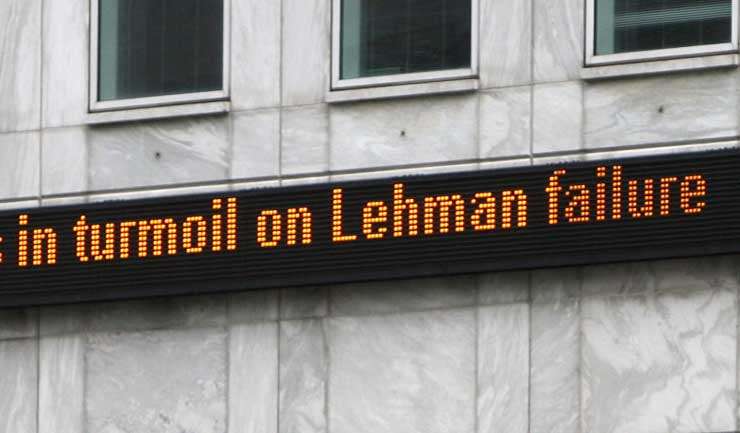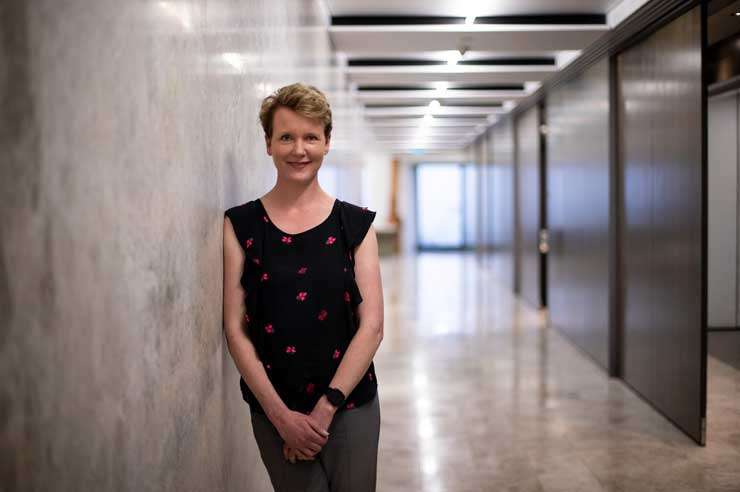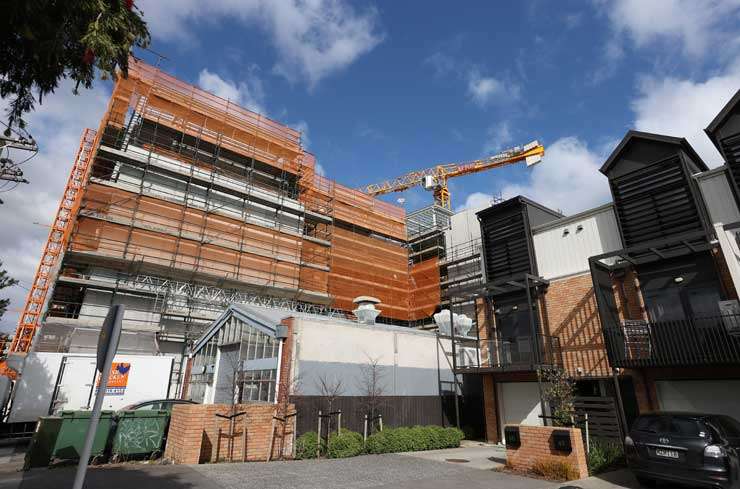Two years ago, house prices in New Zealand were roughly 43 per cent less than they are now.
When Covid arrived, prices defied initial forecasts they would fall and instead rose to giddy new heights.
Bank economists are again forecasting falls, of up to around 10 per cent in the coming year.
That comes amid rising inflation at home and abroad, along with war in the Ukraine and an oil shock – but even if there was a 20 per cent fall over two years, that still doesn't come close to matching the rises the country saw since Covid.
Start your property search
When OneRoof asked economists what it would take to see prices plummet to pre-Covid levels, they said while that could technically happen the scenario is highly unlikely and would indicate a huge global problem.
Some pointed out that while first home buyers might dream of a 43 per cent fall in house prices, they might also find they have lost their jobs and that buying a home is suddenly further down their list of priorities.
"You don't really want to think of a scenario where house prices would fall 43 per cent because that would be catastrophic and so there's likely to be bigger fish to fry than buying a cheap house potentially," says Mike Jones, senior economist with the ASB.
A major global event would need to take place that has clearer implications for New Zealand than what is currently playing out in Russia and the Ukraine, he says.
"If you look at globally the sorts of things that have caused really devastating asset market corrections it's been things like deep and prolonged global recessions/depressions."

The collapse of Lehman Brothers in the US signalled the start of the Global Financial Crisis. Photo / Getty Images
That is what people thought they were staring at when Covid first erupted onto the world but the negative house price predictions didn't happen, and while there was a recession it was short and sharp and New Zealand bounced back fairly quickly.
The nearest recent event is the Global Financial Crisis of 2008 where there was a recession alongside a negative credit market shock, but even then house prices here only fell between 5 and 10 per cent in a nominal sense.
"It's quite hard to imagine a scenario where all of those price gains we've seen since COVID were unwound," Jones says.
"If prices fell 30 to 40 per cent you're talking about a situation where you've probably got pretty nasty looking unemployment and people defaulting on mortgages and that leads to another shock to the economic system and so forth."
No one can predict the future but it's taken rising mortgage rates, the credit crunch and rising supply of housing to dent the housing boom this time, and even with all three of those situations prices have only fallen a bit so far.
The fundamentals of the market at still there with a still reasonable demand for housing from a population perspective, and the labour market is still strong.
The ASB's latest Housing Confidence report does show a creaking in people's confidence around house prices continuing to rise as they have been, although 49 per cent still expect that to happen.
"The public no longer believe the housing market is invincible," says Jones.

ANZ chief economist Sharon Zollner: "You can't rule out that it could get ugly." Photo / Dean Purcell
Sharon Zollner, the ANZ's chief economist, says it is possible prices could plummet, but also says this would take a nasty recession with a sharp rise in the unemployment rate – but that has happened before and will happen again, she warns.
"We do tend to get a recession of that ilk every decade or so and certainly the risks are elevated at the moment when you look at what's happening, because it's not just New Zealand that's dealing with this, it's a global phenomenon.
"We are having to raise rates into the teeth of a slowing housing market and a slowing economy and people offshore are having to do that as well."
New Zealand's focus is on the housing market but offshore it's on equities, "but everywhere investors are suddenly having to get their heads around a new world where central banks are not their friends and that equities could fall 20 per cent”.
"We're seeing a sharp rise in volatility globally and you can't rule out that it could get ugly."
The Federal Bank in the US hiked rates this week, Russia is at war with the Ukraine, Europe is exposed to an energy crisis, and China is now dealing with Omicron.
"That's another belt of supply chain disruption but also China's an incredibly important export market for New Zealand – all of that going on and you absolutely can imagine scenarios where we go into recession."
New Zealand still has excess demand for labour which is reassuring but if construction were to weaken significantly that would matter because construction accounts for more than 10 per cent of employment.
"And we're right at that stage of the business cycle where people are looking at their pipeline, looking at their plans and rethinking them, so although there's an incredibly long pipeline it's springing some leaks."

Homes under construction in Auckland. Supply chain pressures and rising material costs are having an impact on the development sector. Photo / Fiona Goodall
Property development is riskier with developers not knowing if they can get gib or even if they can get a builder.
"You don't know what your final building costs are going to be, you don't know how long it's going to take you and at the moment we've had house prices falling in the last three months so there's a reasonable risk the house could be worth less than its cost to build at the end of it.
“I think a lot of projects will be put on hold and then wait and see how things pan out.”
But people shouldn't have to sell their houses in large numbers, she says.
"For that, you actually have to have an interruption to income - basically, people lose their jobs.”
On the other hand, if Russian president Vladimir Putin did push the nuclear button there would be an instant financial crisis: "It would happen everywhere, markets would just lose the plot."
Kelvin Davidson, chief property economist for CoreLogic, says pre-Covid house prices are hard to imagine.
He, too, says that would take a deep recession with maybe a huge credit crunch and sharply higher interest rates.
But here there are in-built protections, he says.
"In a deep recession inflation may well ease down and interest rates wouldn't need to spike."















































































